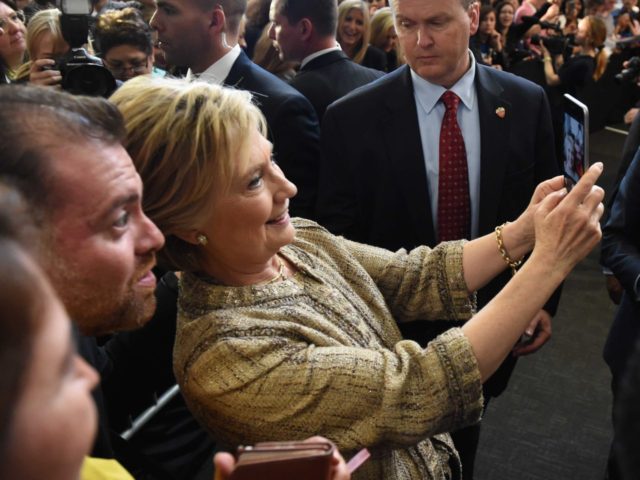There is a repeated theme in the arguments made by “NeverTrump,” those Republicans who have sworn not to vote for the party’s nominee, Donald Trump. That theme is: “I, me, mine.”
Consider the arguments made by Sen. Susan Collins (R-ME) in Tuesday’s Washington Post. She does not compare Trump to Hillary Clinton. She does not discuss his policies. Instead, she offers an extensive internal monologue: “This is not a decision I make lightly”; “I had hoped”; “I have thought long and hard.”
Read closely what other NeverTrump voices are writing, and you will note a similar self-obsession. “I cannot see myself voting for Trump” is one common refrain. That phrase, “see myself,” implies gazing inward into the voting booth from an imaginary vantage point, focused inward.
Viewed from that perspective, voting is not a mundane civic responsibility, but rather the dramatic climax of a grand coming-of-age melodrama, starring “me.” It is politics from the perspective of the ballot selfie.
Or take another NeverTrump phrase: “I will vote my conscience.” Your conscience is not on the ballot, and if your conscience is telling you that Hillary Clinton ought to be able to stack the Supreme Court, you should consult an exorcist.
Or consider the common mantra, “I will be able to say I stuck to my principles” — again staring back at the self, this time from a distant point in the future. The act of defying one’s own party obscures the act of helping the other party obliterate those principles entirely.
It is no accident that the emergence of NeverTrump coincides with the prominence of social media like Twitter and Facebook, where it is more important to be seen making the “right” choices than to have made them.
In this fantasy world, voting for a third party is actually a valid option, rather than a cop-out that allows Hillary Clinton to worry about one less vote for her opponent.
Voting against Trump is more than just a form of “virtue signaling”; it is a statement of identity by individuals determined not to conform — and yet all making the same choice, and justifying it with the same clichés.
The political compromises of the real world? Those are for other people to make.
Joel B. Pollak is Senior Editor-at-Large at Breitbart News. His new book, See No Evil: 19 Hard Truths the Left Can’t Handle, is available from Regnery through Amazon. Follow him on Twitter at @joelpollak.

COMMENTS
Please let us know if you're having issues with commenting.